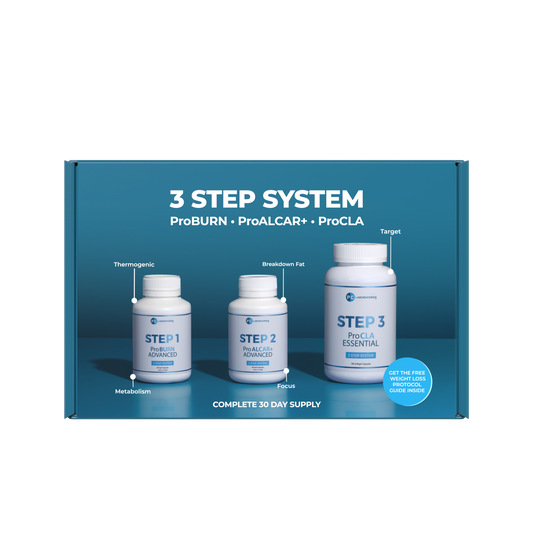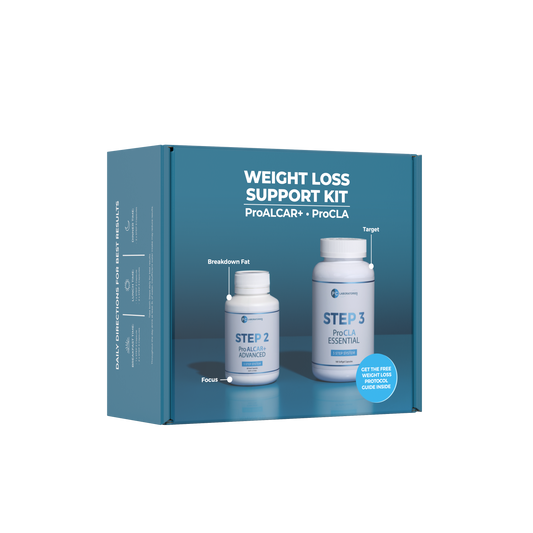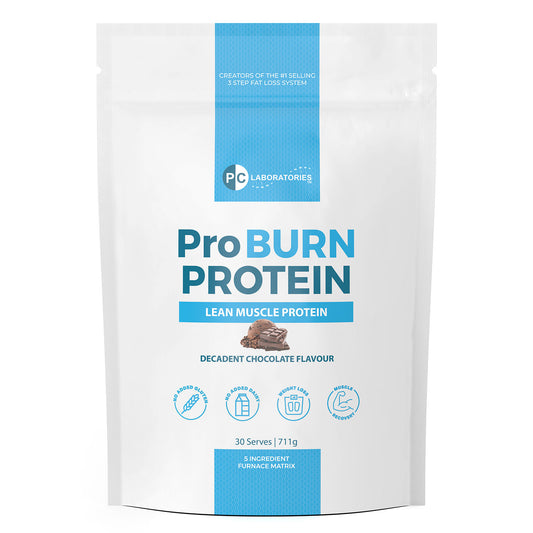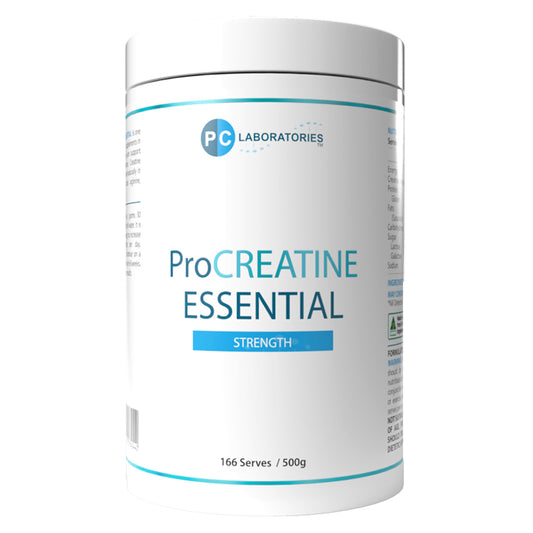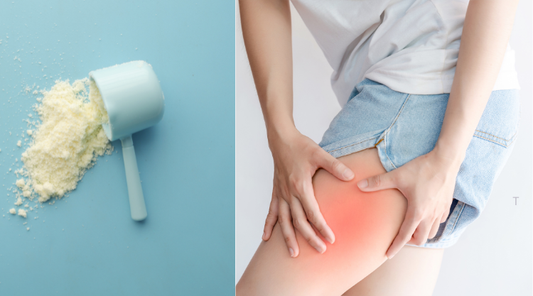Why Do Your Muscles Get Sore?
You smash a workout, feel great in the moment, and then, BAM, the next day, your legs feel like concrete blocks. That achy, stiff sensation? It’s muscle soreness, and it’s completely normal.
When you exercise (especially if you try new moves or push harder than usual), you create tiny microtears in your muscle fibres. This might sound scary, but it’s actually how your muscles grow stronger. The soreness you feel is your body's natural response to the repair process. Think of it as progress wrapped in a little discomfort. Let's discover why we feel muscle pain, and the best strategies to remedy it.
What Is DOMS (Delayed Onset Muscle Soreness)?
DOMS stands for Delayed Onset Muscle Soreness, and it usually kicks in 12–24 hours after exercise, peaking around the 48-hour mark. It’s the classic “walking funny after leg day” experience.
According to the Cleveland Clinic, DOMS isn’t just about muscle pain; it’s your body’s natural response to training stress. While it can be uncomfortable, it’s generally harmless and a sign that your muscles are adapting to new demands. The good news? The more you train, the more your body adjusts, and the less intense DOMS tends to feel over time.
The Best Hacks for Muscle Pain and Recovery
Muscle soreness doesn’t have to derail your week. Here are some proven ways to bounce back faster:
Active Recovery
Light movement like walking, yoga, or cycling increases blood flow and helps flush out waste products.
Hydration
Water is underrated; staying hydrated supports nutrient delivery and muscle repair.
Protein & Amino Acids
Fuel your muscles with the building blocks they need to heal and grow. The absolute crowd favourite is ProBurn protein, with repairing collagen plus fat-burning compounds like Green Tea and Carnitine.
Stretching & Mobility
Gentle stretching can relieve stiffness and improve flexibility.
Sleep
Recovery isn’t just about supplements or stretches; it’s also about quality rest. Your muscles repair most while you sleep.
Supplements
Targeted recovery supplements like BCAAs, electrolytes, and glutamine can give your body extra support in repairing muscle tissue and easing soreness.
Spotlight on Glutamine for Muscle Soreness
When it comes to muscle recovery, Glutamine is one amino acid that deserves attention. It’s the most abundant amino acid in your muscles and plays a big role in reducing post-exercise soreness. Here’s why:
- Supports Muscle Repair: Glutamine helps replenish the amino acid stores your muscles lose during tough training sessions.
- Eases DOMS: Many athletes find glutamine helps reduce the intensity of delayed onset muscle soreness.
- Boosts Recovery Time: By speeding up muscle repair, glutamine helps you get back to training without feeling like you’ve been hit by a truck. If you’re curious about glutamine, take a deeper dive in our Glutamine Recovery blog here.
- Immune Support: Hard training can temporarily stress your immune system. Glutamine helps strengthen your defences, so you don’t burn out.
Adding a quality glutamine like ProGlutamine Essential powder into your recovery routine can be a game-changer, especially if you train often or push your limits in the gym.
Master Your Recovery
Muscle soreness is part of the fitness journey, but it doesn’t have to slow you down. By understanding DOMS, practising smart recovery habits, and providing your body with what it needs, such as hydration, rest, and targeted supplements like glutamine. You can bounce back faster and train stronger.
Next time your muscles are screaming after a workout, remember: soreness isn’t the enemy, it’s a sign of growth. Head to our Recovery product page for premium repair supplements without any hidden nasties. And with the right recovery hacks, you’ll be ready to crush your next session in no time.
References
Myalgia (Muscle Pain), 2024. Cleveland Clinic. https://my.clevelandclinic.org/health/symptoms/myalgia-muscle-pain


